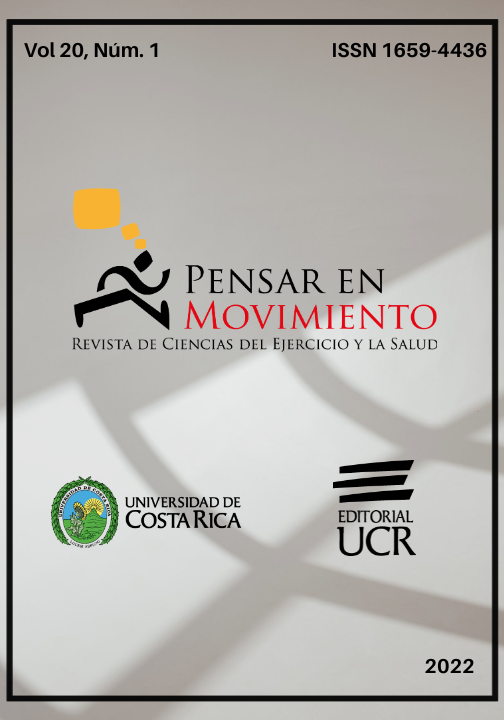Abstract
University student training, and in particular the rigor applied to the supervision of theses, have a direct impact on the quality of professionals graduating from school. For this reason, and because it is highly desirable to prevent problems in the teacher-student relationship during thesis work, a proposal of good practices for supervision is considered valuable. The purpose of this essay is to identify sensitive aspects of the process and to offer recommendations to supplement the work performed by teachers, considering that most mentors or thesis directors have not received formal training for this particular job but learn through trial and error; mistakes abound and have a negative impact on students. It is possible to identify practical elements of thesis supervision which are amenable of improvement, especially those having to do with deadlines and the process of document review performed by the thesis committee, with authorship of resulting publications, and with the role of the thesis committee members, their selection, and compensation. Managing expectations of all people involved, supervising a thesis with two or more students, the breadth and depth of supervision required of the mentor, and grading each undergraduate and graduate thesis are also considered. Instead of attempting to impose rules which will necessarily be intrusive and imperfect, a few good practices are recommended, derived from both the authors’ good and bad experiences in their work as thesis mentors for over 40 students. The goal is to strengthen the academic integrity of university teachers and to improve the training of new professionals.
References
Aragón Vargas, L. F. (2015). La ética de la investigación científica (con énfasis en las ciencias del movimiento humano). Pensar en Movimiento: Revista de Ciencias del Ejercicio y la Salud, 13(2), 1-29. http://dx.doi.org/10.15517/pensarmov.v13i2.20787
González, L. E., y Espinoza, O. (2008). Calidad en la educación superior: concepto y modelos. Calidad en la educación, 28, 244-76. https://dialnet.unirioja.es/servlet/articulo?codigo=3215107
Holcombe, A. O., Marton, K., Frederik, A., y Balazs, A. (2020). Documenting Contributions to Scholarly Articles Using CRediT and Tenzing. PLOS ONE, 15(12), e0244611. https://doi.org/10.1371/journal.pone.0244611
Monge Gapper, J. G. (2016). Apretando tuercas: Guía para elaborar trabajos finales de graduación en ingeniería mecánica. Editorial de la Universidad de Costa Rica.
Universidad de Costa Rica. (2020). Reglamento general de los trabajos finales de graduación en grado para la Universidad de Costa Rica. Alcance a la Gaceta Universitaria N°12-2020, 12 de marzo de 2020. https://www.cu.ucr.ac.cr/gacetas/Ano/2020.html
Zepeda, R. A., y Vargas Hernández, M. M. (2020). Hacia la definición conceptual del constructo Calidad de la Educación Superior en el contexto de la Universidad Nacional Agraria. Revista Educación, 44, (2), 1-27. https://www.redalyc.org/journal/440/44062184039/html/







